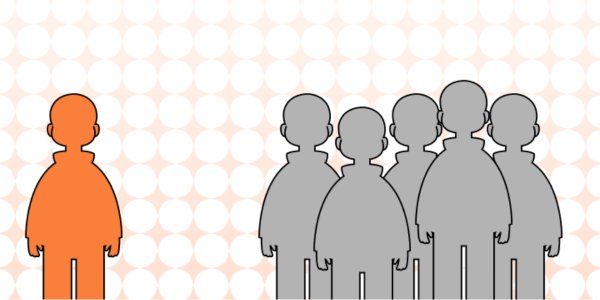Marginalization
Understanding Marginalization
Gender and the Experience of Being Pushed Aside
Marginalization refers to the social process of excluding or pushing certain groups to the edges of society. In the context of gender, it happens when individuals—often women, LGBTQ+ people, or non-binary individuals—are denied equal access to opportunities, representation, or respect.
This exclusion can occur in workplaces, education, relationships, or even cultural narratives. For example, when women are underrepresented in leadership or when men are discouraged from showing emotion, both face gender-based marginalization.
Marginalization doesn’t always happen loudly. Sometimes it’s subtle—like being talked over in a meeting or having one’s perspective dismissed because of gender stereotypes. These small acts accumulate and create long-term social imbalance.
Social and Psychological Impact
The emotional toll of marginalization is often invisible. It can lead to anxiety, lower self-worth, and even strained relationships. People who experience it may feel unseen or undervalued, which affects how they express their identity and confidence.
However, change is possible. Awareness, inclusive dialogue, and representation can gradually reverse these patterns. Recognizing marginalization is the first step toward empowerment—for both men and women.
FAQ
What does marginalization mean?
It means being excluded or treated as less important within a group or society. Marginalized people are often denied equal rights or visibility.
What are examples of marginalization?
Examples include women earning less than men for similar work, LGBTQ+ individuals facing discrimination, or men being mocked for emotional vulnerability.
Who are marginalized people?
They are individuals or groups pushed to society’s edges due to gender, race, sexuality, or social class. They often lack fair access to power and resources.
What does it mean when a girl is rizzed?
“Rizzed” is slang for being charmed or flirted with successfully. It reflects how social attraction can also reveal gender dynamics in communication.
How does gender marginalization affect relationships?
It can create imbalance—where one partner’s voice or needs are undervalued. Over time, this weakens communication and mutual respect.
















